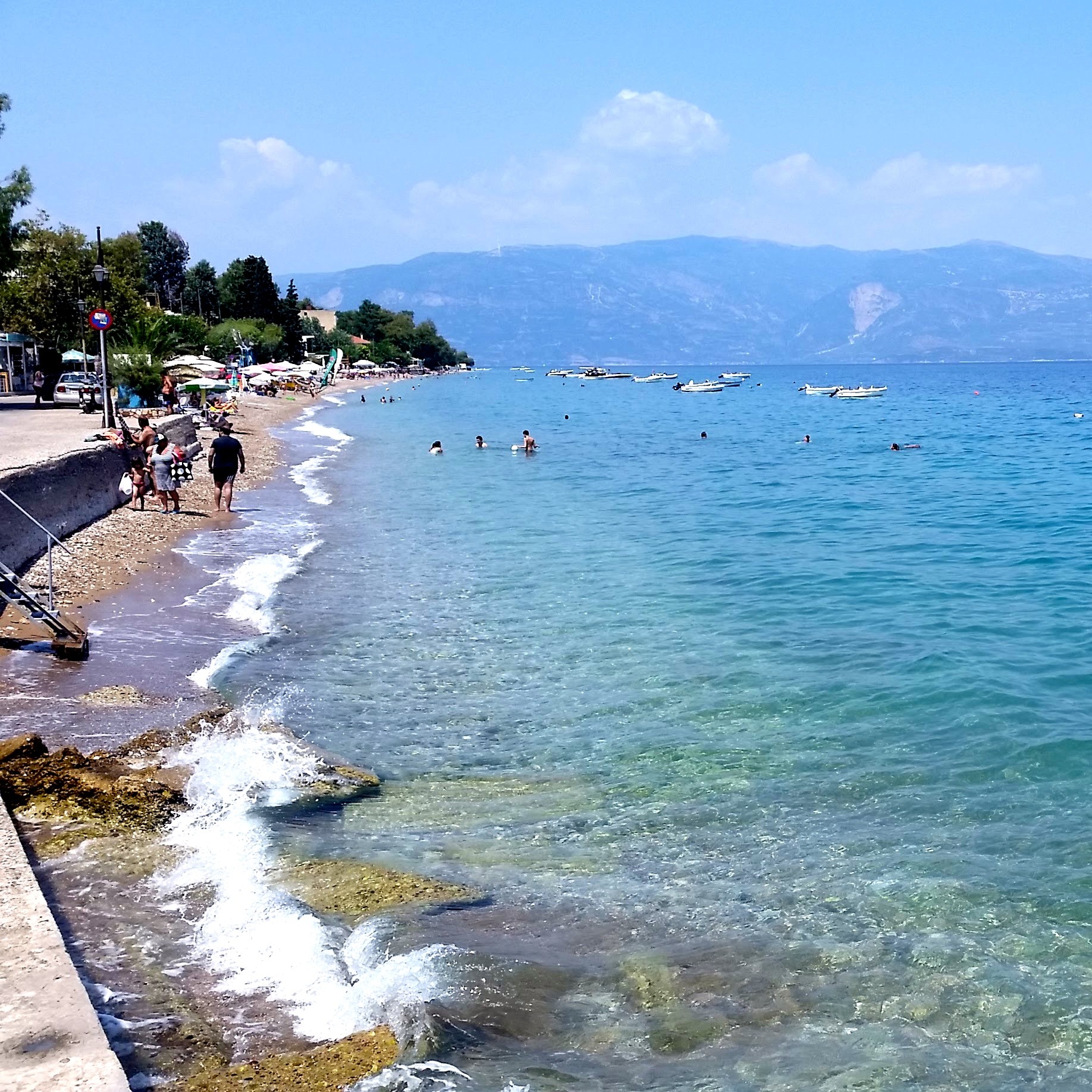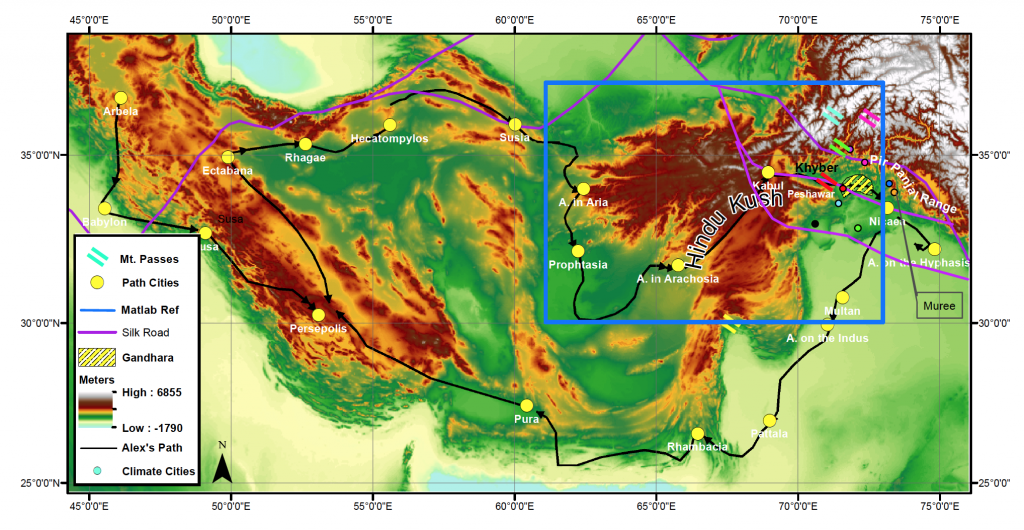This summer, in the unlikely sleepy town of Selianitika, Greece, I had an unforgettable immersive learning experience. I applied to the Paideia Institute’s Living Greek in Greece program, devoted to immersion in Ancient Greek, at the urging of a friend. It would be perspective-changing, she said. Instead of running between classes and juggling ten different assignments at once, I would have one task–to grow comfortable with Ancient Greek–and an incredible amount of free time.

It was a perspective-changing shift from my Princeton experience. I often feel limited by the lack of time available to fully experience the overwhelming material in my classes on campus. Beyond my Indo-European linguistics class, I want to browse through the Classics section of the library to see what I can find. In my computer science course, I want to do the optional exercises and play around with code. But independent exploration and extra-curricular learning can be hard to make time for, and I often end up working from one assignment to the next. Breadth and depth are challenging to achieve together.


